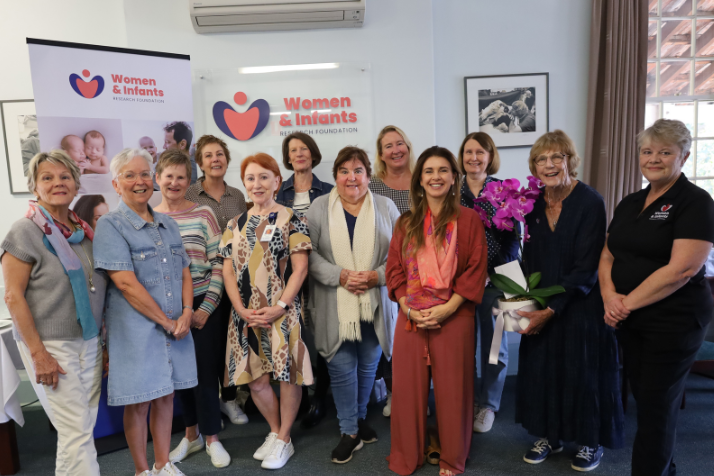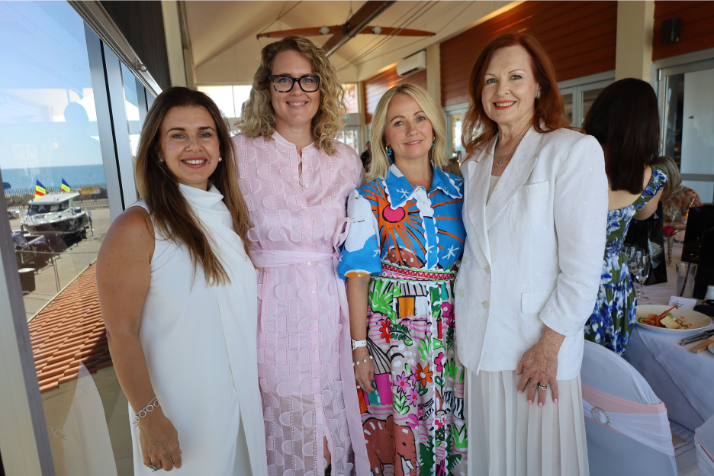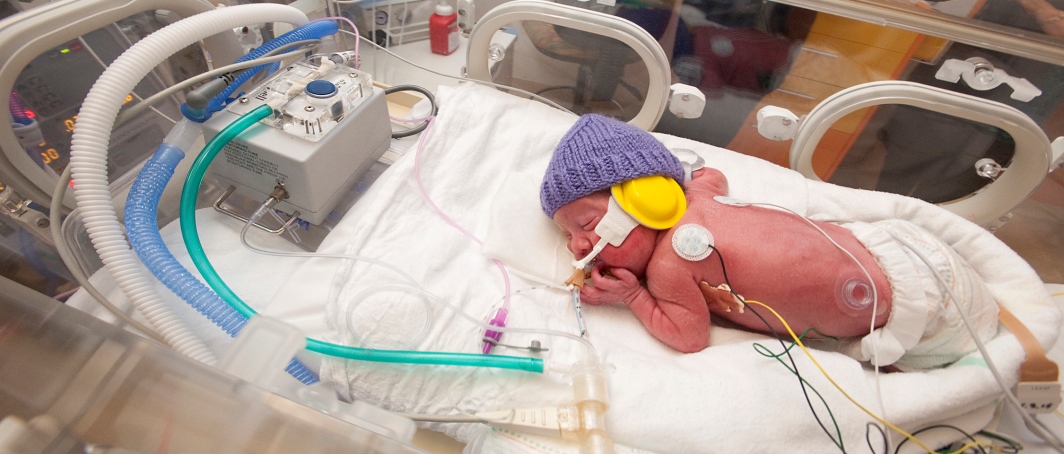Research overview
Breast milk is the gold standard nutrition for infants and can extensively impact childhood health and wellbeing. While 96% of Australian women intend to breastfeed, only 15% achieve exclusive breastfeeding up to six months of age.
One of the primary reasons for premature cessation of breastfeeding is pain, often caused by an infection of the breast called mastitis.
Prolonged breastfeeding is associated with a reduction in the rates of obesity, diabetes, asthma, allergies, infant and childhood infections, and sudden infant death syndrome (SIDS).
By addressing a major barrier to breastfeeding and understanding the key organisms involved in mastitis, we can develop new approaches for early detection and targeted therapeutic options to treat mastitis, such as phage therapy.
This research aimed to characterise the milk microbiome, identifying both beneficial and harmful microorganisms present in healthy and mastitic milk. By understanding these microbial communities, the study sought to identify potential therapies, such as phage therapy or probiotics, to prevent mastitis.
Through improved breastfeeding we can impact the future health of children in WA and beyond.
Project researchers
Dr Lucy Furfaro
Partners
One for Women Clinic
Funders
Channel 7 Telethon Trust
Project timeline
2022 – 2023



